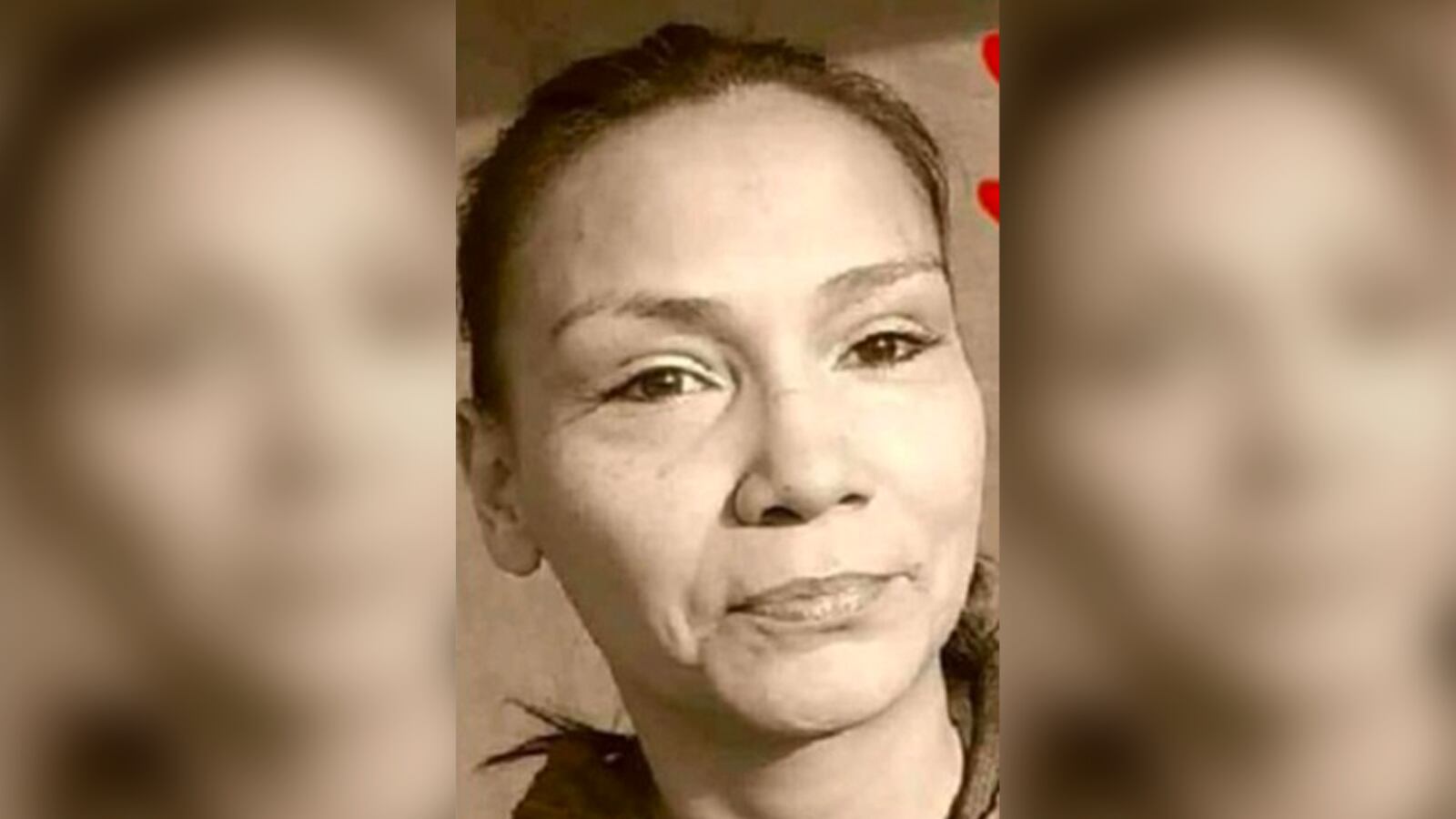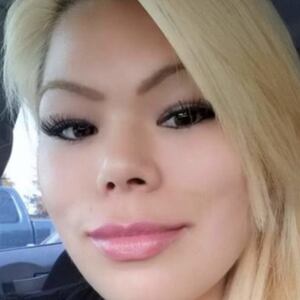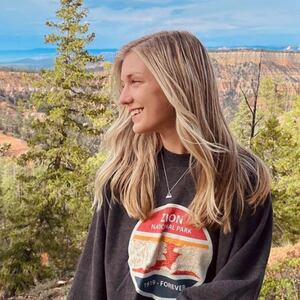Thursday marked a year anniversary since an Indigenous woman in Washington state went to visit a friend and was never seen again— and federal authorities are desperate for help in finding her.
Mary Johnson, a 39-year-old member of the Tulalip Tribes, was last seen on Nov. 25, 2020, when she planned to meet a friend to go to Arlington, Fox 13 Seattle reports. But she never reached the meeting location, and no friends or family had heard from her. Johnson’s estranged husband officially reported her missing on Dec. 9, 2020.
Johnson’s two sisters told The Herald Net that they thought their sister’s husband would have filed a missing person’s report sooner, but he didn’t until two weeks after his wife’s disappearance. Since then, the sisters claim, he has left the state.
Gerry Davis, Johnson’s younger sister, said that Johnson had not been acting herself leading up to her disappearance, according to CNN. Davis said Johnson and her husband were initially living with her but suddenly moved to a town about 40 miles away. Afterward, Davis said Johnson rarely answered her phone.
The day before Johnson disappeared, she allegedly went to tribal court to get advice about a divorce, Davis told the Herald Net.
“It's like she just vanished," Nona Blouin, Johnson’s older sister, told CBS News. “You think you would be able to get some leads, but after almost a year it's just frustrating and heartbreaking.”
According to a search warrant obtained by the Herald Net, Johnson’s husband took her to a male friend’s house on Nov. 24 to stay on the northern side of the Tulalip Reservation. The couple was not getting along and Johnson was afraid that her husband was trying to move away, the search warrant says.
Later that day, the warrant says, Johnson’s friend drove her to the tribal court to get legal advice, but no attorneys were available. Along with another person, Johnson stayed at the friend’s house that night. He was supposed to take her and the other guest to a church the next day, where Johnson planned to meet someone else who was going to take her near Arlington. However, due to a disagreement the guest had with the driver, he and Johnson did not end up getting a ride to the church, the warrant says. Instead, they walked.
The friend who was supposed to pick Johnson up at the church did not find her there, but he did see her walking along the road with the other man, the warrant says. The driver sent Johnson a text that he did not have enough room in his car for them both, and Johnson replied that she was almost there. According to the warrant, the man walking with Johnson told police he stopped at a friend’s house while Johnson kept walking by herself. But she never showed up.
Before she disappeared, Johnson called the couple who she was supposed to stay with near Arlington. About an hour later, Johnson’s cell phone connected to a tower in Oso, nearly 11 miles east of Arlington, but her friends told police that she never arrived. Later that night and into the next day, the phone connected to Marysville, 25 miles from Oso, and still, no one still had heard from her. The next morning, her phone was off.
Niki Cleary, the director of media and marketing for the Tulalip Tribes and Tulalip Tribal police, said that criminal investigations concerning tribal members can be “complicated.”
“The cases in Native America are really complex because of the jurisdictional issues,” she told The Daily Beast. “Tribes are sovereign, and tribal courts and jurisdiction should be recognized the way state jurisdiction is, but it’s not always."
Community members held a vigil on Johnson’s tribal reservation this week to remember her and honor other Washington Indigenous people who have gone missing and have yet to be found.
Family and friends came together to pay homage to Johnson in a spiritual-like ceremony at the Tulalip Reservation Gathering Hall.
“We need those powerful prayers, those drums,” the founder of Missing and Murdered Indigenous People & Families, Roxanne White, said during the ceremony. “That is probably the most important part of this.”
A year after Johnson’s disappearance, her sisters said they hung flyers around the area and posted information on a large billboard, NBC 5 Seattle reported. They noted that Johnson, who also went by Mary Johnson-Davis, was a talented artist, loved cats, and had a vibrant personality. They’ve heard nothing since she vanished.
Tulalip Tribal Police Chief Chris Sutter told Fox 13 that disappearances tend to happen with vulnerable tribal victims who may not have a strong base of support behind them.
“You can talk to anybody who lives on a reservation and they know somebody who's gone missing. Unfortunately, too many of them are abused, exploited, and murdered,” he said.
“Here in Tulalip, we're working on a tribal community response plan to engage all of our partners, not only in law enforcement but in victim services, media, and community resources,” Sutter explained. “We're trying to change that narrative that these cases don't historically get solved very rapidly or at all."
As of the beginning of November, the Washington State Patrol lists more than 100 Indigenous people reported missing in the state.
In September, the FBI offered a $10,000 reward for anyone who has information concerning Johnson’s disappearance. In addition, the Tulalip Tribes are offering $50,000.









